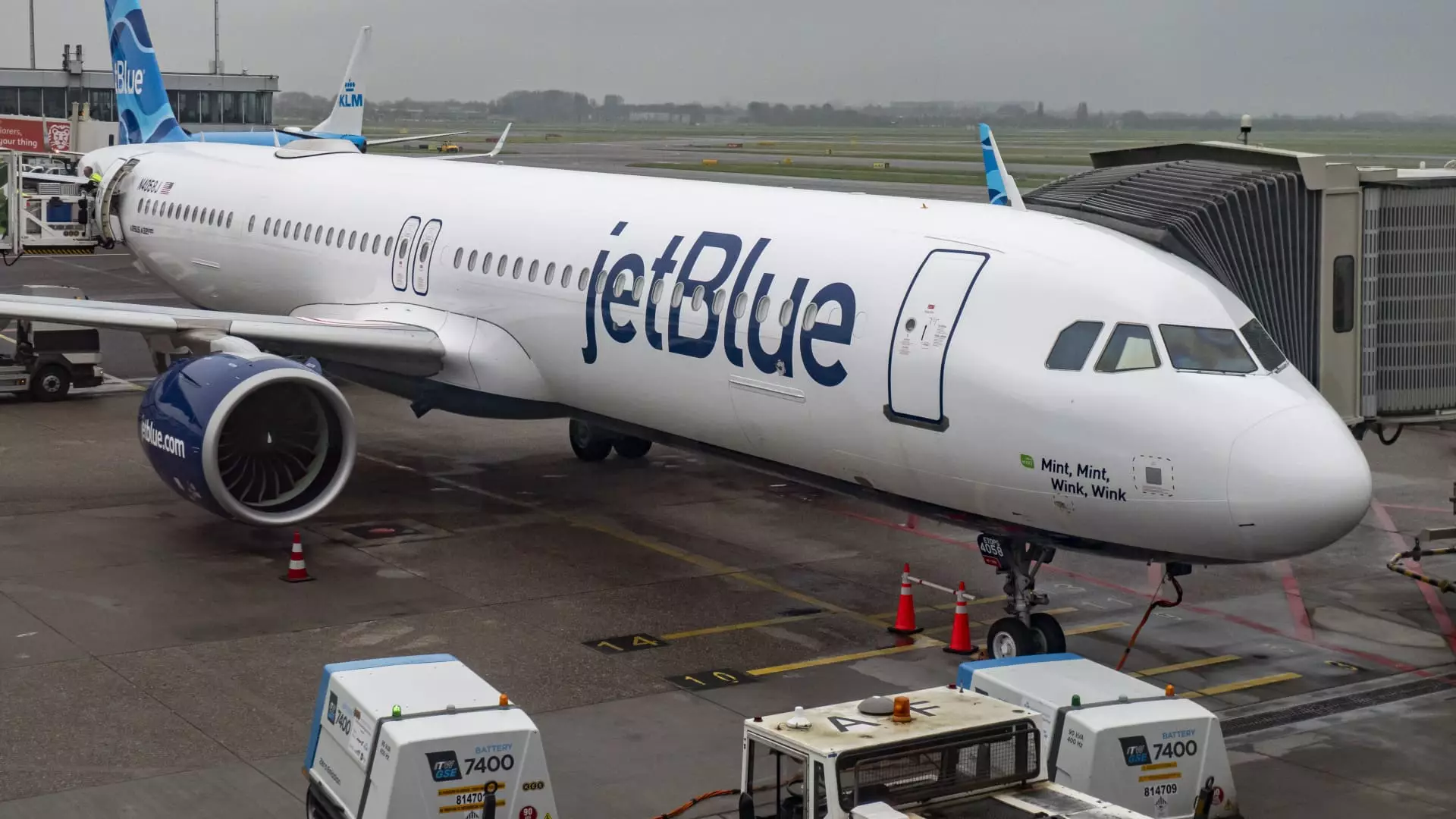In a decisive bid to navigate the turbulent waters of post-pandemic air travel, JetBlue Airways has initiated a series of strategic changes aimed at enhancing its profitability and operational efficiency. On Wednesday, the airline revealed plans to eliminate various unprofitable routes and reassess its fleet utilization to focus on markets that promise higher returns. These adjustments reflect JetBlue’s ongoing commitment to sustainable growth after grappling with significant shifts in demand and operational hurdles.
Among the notable changes, JetBlue has announced the discontinuation of several flights, particularly those linking Fort Lauderdale to Jacksonville, alongside services from New York John F. Kennedy International Airport (JFK) to various destinations, including Austin, Houston, and Miami. This decision not only signals a recalibration of route priorities but also serves as a direct response to the competitive landscape dominated by legacy carriers in key markets like Miami. Such cancellations underscore the airline’s vulnerability in regions where established players maintain significant control, leaving JetBlue to reassess its market presence in these areas.
Moreover, JetBlue’s choice to halt its Mint business class service on Seattle routes further emphasizes the airline’s strategic pivot. The Mint service is associated with high-value customers, and its redirection towards more lucrative markets indicates a focused effort to align offerings with demand. As JetBlue refines its operations, it acknowledges the vital need to optimize fleet deployment to ensure resources are allocated toward profitable and high-demand routes.
JetBlue’s articulation of ongoing enterprise adjustments also highlights the greater narrative of recovery within the airline industry. The company is aiming to build resilience amid significant industry shifts, particularly in consumer behavior post-COVID. In a statement, the airline’s Vice President of Network Planning, Dave Jehn, acknowledged the challenges posed by a competitive Miami market while reinforcing Florida’s overall importance to JetBlue’s strategy.
The airline’s emphasis on promoting new service routes to Europe, along with an impending announcement of fresh international offerings, indicates JetBlue’s efforts to expand its footprint in lucrative international markets. The anticipated conclusion of specific transatlantic flights, such as JFK to Paris and the seasonal London route, further illustrates JetBlue’s adaptable strategy in the face of evolving travel trends.
For passengers affected by these adjustments, JetBlue assures alternatives and refunds, demonstrating a commitment to customer service amid operational changes. The airline maintains a proactive stance in addressing clientele needs as it streamlines its offerings. Recent months have shown promising revenue trajectories for JetBlue, reflecting a cautiously optimistic outlook for the upcoming travel season.
This calculated approach, characterized by route reductions and targeted resource allocation, helps JetBlue navigate persistent economic pressures while aiming to stabilize its financial performance. With a focus on reestablishing profitable operations in both domestic and international spheres, JetBlue Airways is poised to redefine its strategic trajectory, reinforcing its position as an agile player in an ever-evolving airline industry.

